
Content
Indoor air quality has become a significant concern for many homeowners in recent years, particularly as more people spend the majority of their time indoors. From the pollutants that are emitted from household products and materials to allergens like dust, pet dander, and mold, the air inside our homes can be up to five times more polluted than the air outside. This alarming statistic underscores the importance of taking proactive steps to improve air quality. One of the most effective ways to address indoor air pollution is by using air purifiers for home.
Air purifiers are designed to remove contaminants from the air, making your living space healthier and more comfortable. Whether you’re looking to reduce allergens, eliminate harmful gases, or simply breathe cleaner air, air purifiers have become an essential tool for maintaining a safe and healthy home environment.
It’s easy to take indoor air quality for granted, but the truth is, many everyday activities and household items contribute to poor air quality. The primary culprits of indoor air pollution include:
Dust and Particulate Matter: Dust accumulates from various sources such as fabric, furniture, and human activity. It can also be a result of construction, renovation, or even outdoor pollution entering your home.
Pet Dander: If you have pets, dander (tiny particles of dead skin) is one of the most common allergens found in homes. Pet dander can trigger allergies and asthma attacks.
Mold Spores: Mold thrives in damp environments and can release spores into the air, leading to respiratory issues and exacerbating allergies.
Volatile Organic Compounds (VOCs): VOCs are gases emitted by many household products, such as paints, cleaning agents, air fresheners, and furniture. These chemicals can cause headaches, dizziness, and long-term health problems.
Pollen: During certain times of the year, pollen from trees, grasses, and flowers can invade your home, contributing to allergic reactions and respiratory discomfort.
Smoke and Odors: Cooking, candles, or even outdoor pollution (like wildfire smoke) can fill your home with harmful particles and unpleasant odors, reducing the air quality significantly.
Poor indoor air quality can lead to various health issues, from minor irritations like sneezing and coughing to more serious conditions like asthma, bronchitis, and even cardiovascular diseases. Additionally, poor air quality can aggravate existing conditions such as allergies and respiratory diseases, making it critical to address these pollutants.
Air purifiers are designed to capture and filter harmful particles, gases, and allergens from the air, providing a cleaner and healthier living environment. While the specific technology may vary by model, most air purifiers rely on a combination of mechanical and chemical processes to remove contaminants. Here’s how they work:
HEPA Filters: The most common and effective filtration technology found in air purifiers is the High-Efficiency Particulate Air (HEPA) filter. HEPA filters can capture particles as small as 0.3 microns, which includes dust, pollen, pet dander, and some bacteria and viruses. HEPA filters trap these particles as air passes through, preventing them from circulating back into the room.
Activated Carbon Filters: Many air purifiers also come equipped with activated carbon filters, which are highly effective at removing odors and harmful gases, such as VOCs, cigarette smoke, and cooking smells. Activated carbon works by adsorbing these molecules, removing them from the air and improving the air's freshness.
UV-C Light Technology: Some air purifiers feature UV-C light, which kills bacteria, viruses, and mold spores. The UV-C light disrupts the DNA or RNA of pathogens, rendering them harmless and preventing them from reproducing.
Ionizers: Some air purifiers use ionization to remove particles from the air. Ionizers release negatively charged ions, which attach to airborne particles, causing them to clump together and fall out of the air. However, ionizers can generate small amounts of ozone, so it’s important to use models that don’t emit harmful levels of ozone.
By utilizing these technologies, air purifiers for home can remove up to 99.97% of airborne pollutants, significantly improving the quality of indoor air.
Using an air purifier in your home can have a profound impact on your health and well-being. Here are some of the key health benefits:
Relief from Allergies and Asthma: One of the primary reasons people use air purifiers is to alleviate symptoms of allergies and asthma. Airborne allergens like dust, pet dander, pollen, and mold spores can trigger respiratory symptoms, including sneezing, coughing, runny nose, and wheezing. By removing these particles from the air, air purifiers can reduce the frequency and severity of these symptoms, offering relief to allergy and asthma sufferers.
Improved Respiratory Health: Poor indoor air quality can exacerbate conditions such as chronic obstructive pulmonary disease (COPD), bronchitis, and emphysema. Air purifiers help prevent these conditions from worsening by reducing exposure to harmful particles and pollutants. For individuals with compromised lung function, having clean air is crucial for managing their condition.
Better Sleep Quality: Many people with allergies or respiratory issues find it difficult to sleep due to symptoms like nasal congestion, coughing, or difficulty breathing. An air purifier can reduce allergens and irritants in the bedroom, creating a more comfortable environment for restful sleep. Cleaner air can also help alleviate snoring by opening airways and improving airflow.
Protection Against Harmful Chemicals: Volatile Organic Compounds (VOCs) are found in common household products like paints, cleaning supplies, and air fresheners. Long-term exposure to VOCs can lead to headaches, dizziness, fatigue, and even liver and kidney damage. Air purifiers with activated carbon filters can help remove these chemicals from the air, providing protection against their harmful effects.
Prevention of Respiratory Infections: Bacteria, viruses, and mold spores are common in indoor air and can lead to infections or exacerbate existing health conditions. Air purifiers equipped with HEPA filters and UV-C light can remove these pathogens from the air, reducing the risk of infections and illnesses.
Reduced Exposure to Smoke and Pollution: For those who live in areas with high levels of outdoor pollution, or during wildfire seasons, air purifiers can be a lifesaver. These devices can filter out harmful particulate matter (PM2.5) and smoke particles from the air, reducing the harmful effects of air pollution on your health.
In today’s world, air purifiers for home are becoming increasingly important for several reasons:
Increased Time Spent Indoors: With the rise of remote work and home schooling, people are spending more time indoors than ever before. This makes indoor air quality a bigger concern, as we are exposed to indoor pollutants for extended periods of time.
Environmental Factors: Urbanization and industrialization have led to higher levels of outdoor air pollution, which can infiltrate our homes. Additionally, the threat of wildfires and smog has made the air outside more dangerous, making air purifiers a necessary tool for maintaining healthy indoor environments.
Health Awareness: People are becoming more aware of the connection between air quality and health. Conditions like asthma, allergies, and respiratory infections are on the rise, and people are looking for ways to mitigate the effects of poor air quality. Air purifiers offer an easy and effective solution.
Pandemics and Infectious Diseases: The COVID-19 pandemic highlighted the importance of clean air, as viruses and bacteria can spread through the air. Many people now use air purifiers not only to improve their overall health but to reduce the risk of airborne infections in shared spaces.
When selecting an air purifier for your home, there are several factors to consider:
Size of the Room: Different air purifiers are designed to cover different room sizes. Make sure to choose a model that matches the size of the room where you’ll be using it.
Filter Type: Ensure that the air purifier uses HEPA filters to capture fine particles. If odors or gases are a concern, look for models with activated carbon filters.
Noise Level: Some air purifiers can be noisy, so choose a model with a noise level that suits your preferences, especially if it will be placed in a bedroom.
Maintenance: Consider the cost and frequency of filter replacement. Some models may require more frequent maintenance than others.
Energy Efficiency: If you plan to run the air purifier continuously, look for energy-efficient models that can help reduce electricity costs.
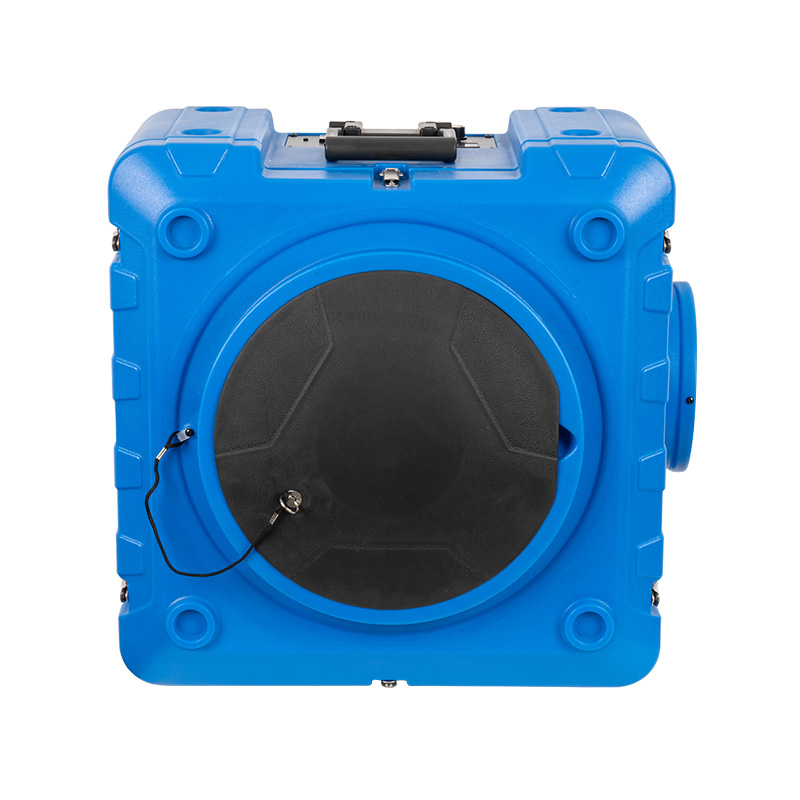
Three-Stage Filtration: The air scrubber features a three-stage filtration system that includes a pre-filter (MERV-10), carbon filter, and H13 HEPA filter. It effectively removes dust, pollen, smoke, ...
See Details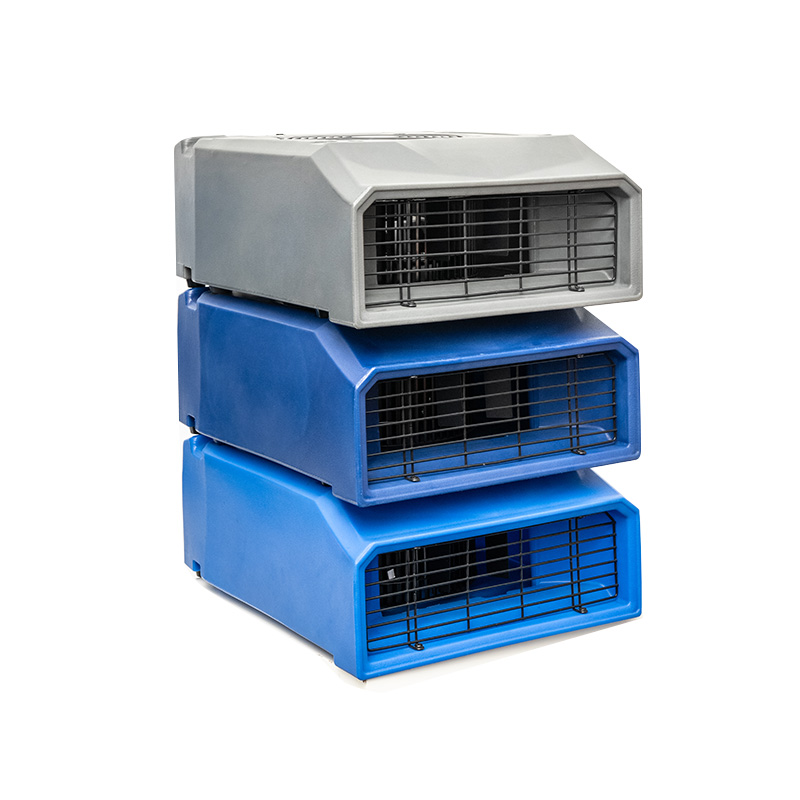
The AM-B01 High Air Volume Thin Carpet Dryers are equipped with a powerful motor that generates a high volume of airflow to ensure that your carpet dries thoroughly and quickly. This high air volume n...
See Details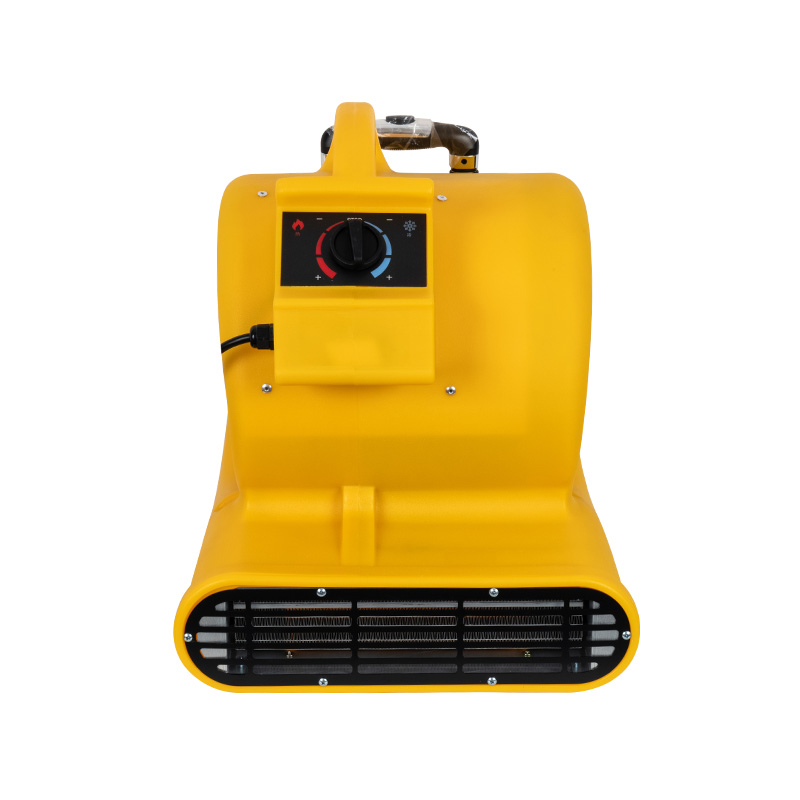
The AM-A01 Hot and Cold Carpet Drying Fans are versatile units designed to speed up the carpet drying process by utilizing hot and cold air. Combining the benefits of hot and cold air circulation, the...
See Details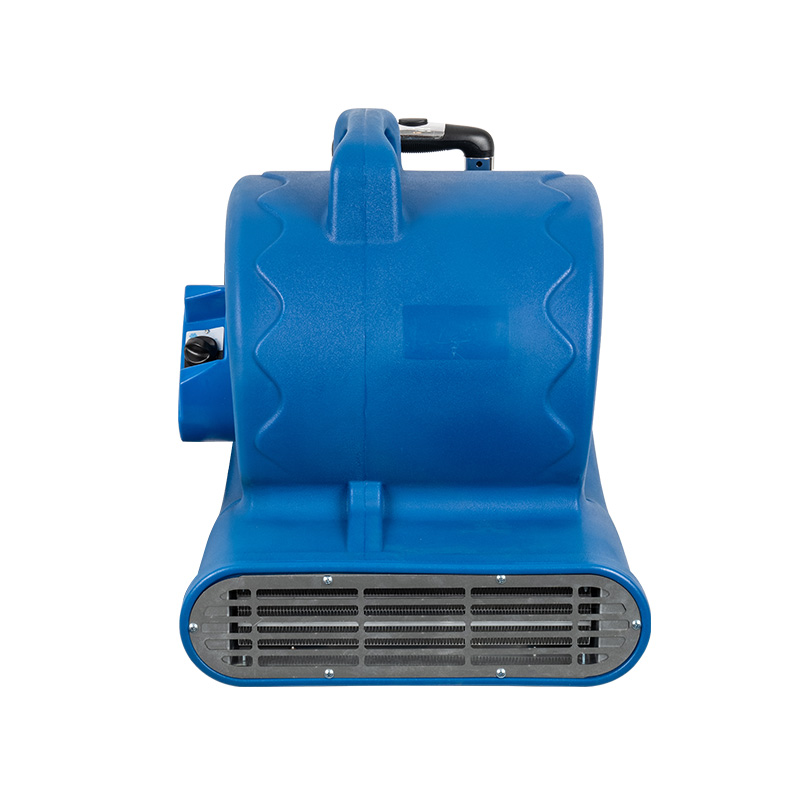
AM-A02 Multi-wing Centrifugal Wind Wheel Carpet Dryers effectively increase wind power and airflow for faster and more efficient carpet drying through the use of multi-wing centrifugal wind wheel tech...
See Details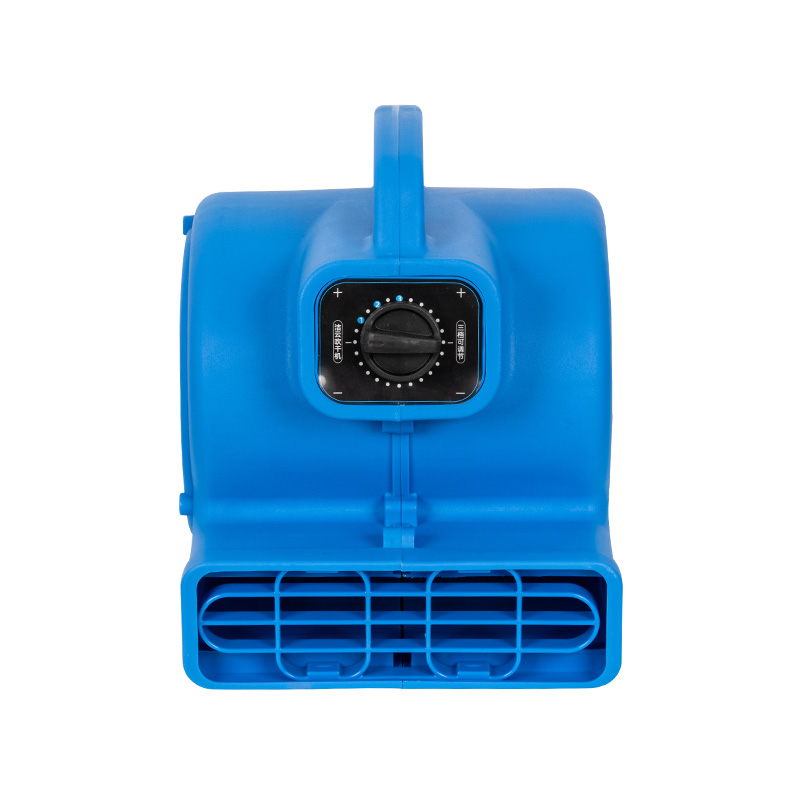
The AM-A03 Small Axial Floor Carpet Dryer is a highly efficient and versatile drying unit with a centrifugal air mover for faster surface drying. Not only is it suitable for drying carpets, floors, fu...
See Details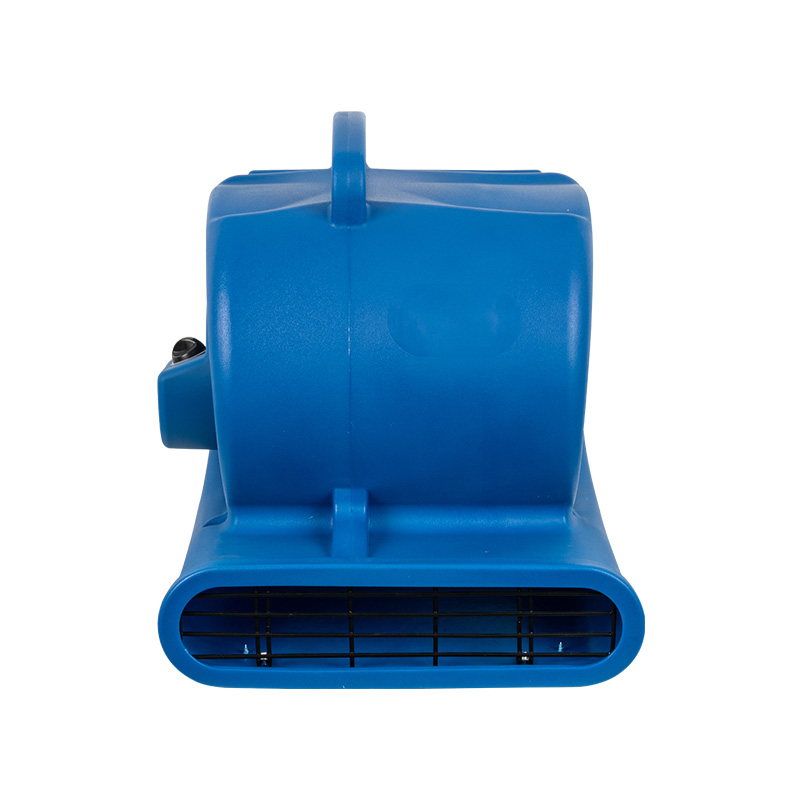
The AM-A04 Lightweight Portable Carpet Wall Floor Dryer features advanced centrifugal air movement technology for faster surface drying results. Not only is it suitable for a wide range of carpet, flo...
See DetailsStore Information
No. 88, Yuexin Road, Sanjiang Street, Shengzhou City, Shaoxing City, Zhejiang Province, China
+86-13819532379
Links
Products
Mobile Terminal